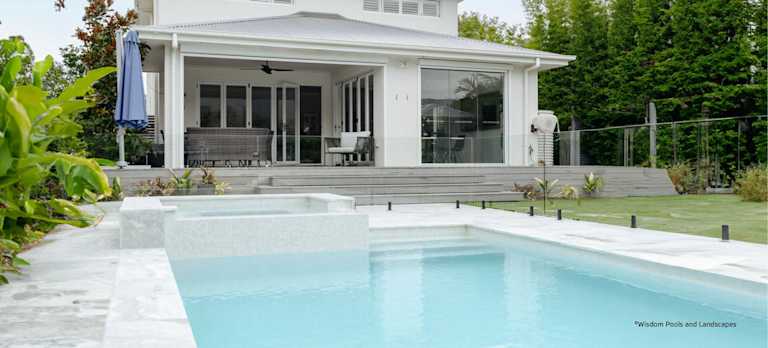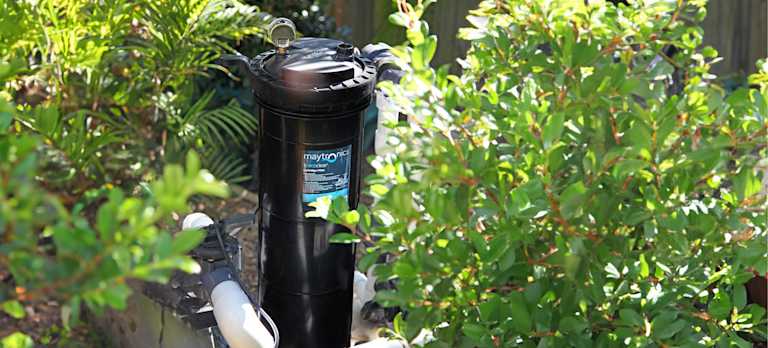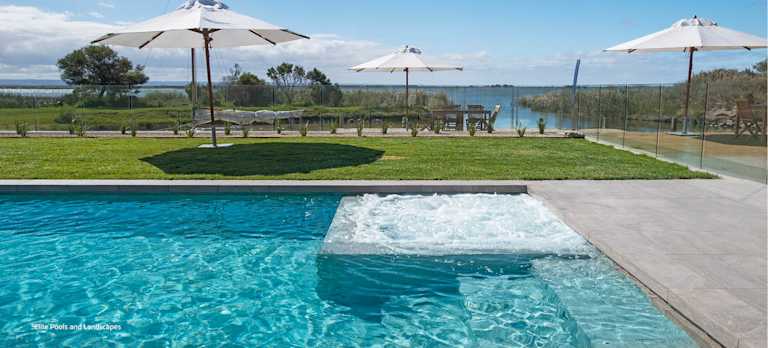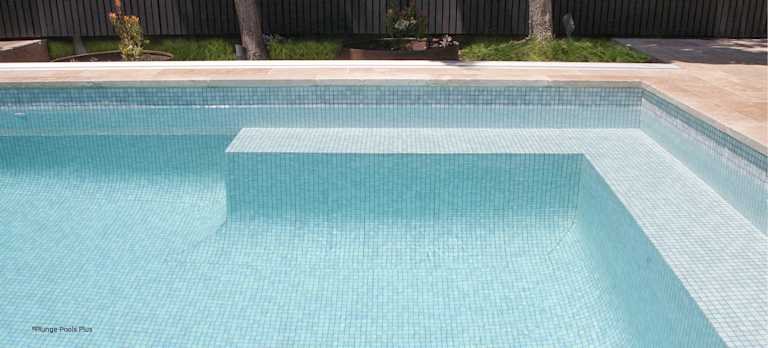A Beginners Guide to Pool Filtration Systems
Clear, sparkling water is the hallmark of a well-maintained pool. But achieving and maintaining that level of clarity isn't just about skimming leaves off the surface—it's about harnessing the power of a reliable pool filtration system.
Often overlooked but absolutely essential, pool filtration systems play a pivotal role in maintaining water quality and ensuring a safe swimming environment. Think of it as your pool's primary defence against impurities, debris, and contaminants. Without it, the purity and quality of your swimming pool water could quickly diminish, compromising both its aesthetic appeal and safety for swimmers.
Whether you're new to pool ownership or just looking to improve your maintenance routine, understanding the fundamentals of pool filtration is crucial. In this article, we’ll explore the different types of pool filters available, their functions, and how to choose the right one for your pool's needs.
The Importance of Pool Filtration

When it comes to pool maintenance, having a filtration system is key to enjoying crystal-clear water all season long. However, clean water is just the beginning of what a pool filtration system can do for you. Here are five other reasons why you should invest in one:
1. Promotes Health & Safety: Beyond removing visible debris, a pool filtration system also plays a critical role in eliminating microscopic pathogens and bacteria that can cause various waterborne illnesses ranging from skin irritations to more serious infections. A robust filtration system ensures that the water remains safe and hygienic, promoting a healthy pool environment for swimmers of all ages.
2. Boosts the Effectiveness of Sanitisers: By effectively removing physical contaminants and organic matter such as leaves and oils from the water, filtration systems allow chemical sanitisers like chlorine to focus more directly on their main job: neutralising bacteria and algae. This means sanitisers can operate at their best without wasting energy on breaking down organic debris.
3. Extends the Lifespan of Equipment: By removing debris and contaminants, a pool filtration system prevents particles from circulating through pumps, heaters, and other components. This reduces wear and tear on your equipment, extending its lifespan and saving you from costly repairs and replacements down the line.
4. Reduces Maintenance: A reliable filtration system reduces the need for manual cleaning and maintenance tasks. By continuously filtering out impurities, it minimises the accumulation of dirt and debris in your pool, saving you time and effort in routine upkeep.
5. Boosts energy efficiency: When water is clear and free from debris, pumps and heaters operate more efficiently, consuming less energy to maintain optimal water circulation and temperature. This not only saves on utility bills but also reduces your pool's environmental footprint.
Types of Pool Filtration Systems

There are three primary types of pool filters: sand, cartridge, and diatomaceous earth (DE). Each operates differently, offering varying levels of filtration efficiency and maintenance requirements. Let’s have a look at each type!
1.Sand Filters: Sand filters are the most commonly used filters due to their affordability and ease of maintenance. They work by trapping debris and particles within the sand bed, which is periodically cleaned through a process known as backwashing. Sand filters are effective for capturing larger particles but may require more frequent backwashing to maintain optimal filtration.
Pros:
Affordable initial cost.
Easy maintenance with backwashing.
Effective for larger particles
Cons:
Less effective for smaller particles
Requires more frequent backwashing
Sand replacement over time may be necessary
2. Cartridge Filters: These filters use a pleated cartridge made of polyester or other durable materials to trap debris as water passes through. They provide finer filtration compared to sand filters and are known for their efficiency and low maintenance. Cartridge filters require periodic cleaning by simply removing the cartridge and hosing it down to remove accumulated debris.
Pros:
Excellent filtration for smaller particle
Low maintenance (cleaning 1-2 times per season)
Energy-efficient
Cons:
Higher initial cost compared to sand filters.
Cartridge replacement needed every few years
Less effective for very fine particles compared to DE filters.
3. Diatomaceous Earth (DE) Filters: DE filters offer the highest level of filtration among the three types. They use grids coated with diatomaceous earth powder, a natural substance that traps even the smallest particles. DE filters provide superior water clarity but require careful maintenance, including recharging the DE powder periodically and thorough cleaning of the grids.
Pros:
Highest filtration efficiency.
Superior water clarity.
Longer intervals between cleanings.
Cons:
Higher initial cost and ongoing maintenance.
Requires careful handling of DE powder.
Complex maintenance compared to other filters.
Maximising the Lifespan of Your Pool Filtration System
Investing in a good filtration system is a great first step, but it doesn't stop there. To get the most out of your investment, regular maintenance is crucial. Here are a few tips to ensure your pool filtration system remains in top shape for years to come.
Regular Cleaning: Each type of filter—sand, cartridge, and DE—requires specific cleaning methods. For sand filters, backwash regularly to remove trapped debris. Cartridge filters need periodic cleaning by hosing down the cartridge, and DE filters require recharging with DE powder and thorough cleaning of the grids.
Monitor Pressure Gauges: Keep an eye on the pressure gauges of your filtration system. A rise in pressure indicates that the filter is becoming clogged and needs cleaning. Maintaining the correct pressure helps ensure the system runs efficiently and extends the lifespan of the filter.
Inspect for Wear and Tear: Regularly check your filtration system for any signs of damage or wear. This includes inspecting the filter media, o-rings, and other components. Replacing worn-out parts promptly can prevent more significant issues and costly repairs.
Picking The Right Pool Filtration System
When it comes to picking the right pool filtration system, it's important to think beyond just keeping your water clean—it's about ensuring your pool lasts longer and is safe for everyone. Consider factors like your pool's size, how often it's used, the local climate, and how much maintenance you're willing to do.

Understanding how your filtration system works and giving it regular TLC not only keeps your water sparkling clear but also helps your pool equipment last longer, saving you money down the line and ensuring a safe and healthy swimming environment for you and your loved ones!
